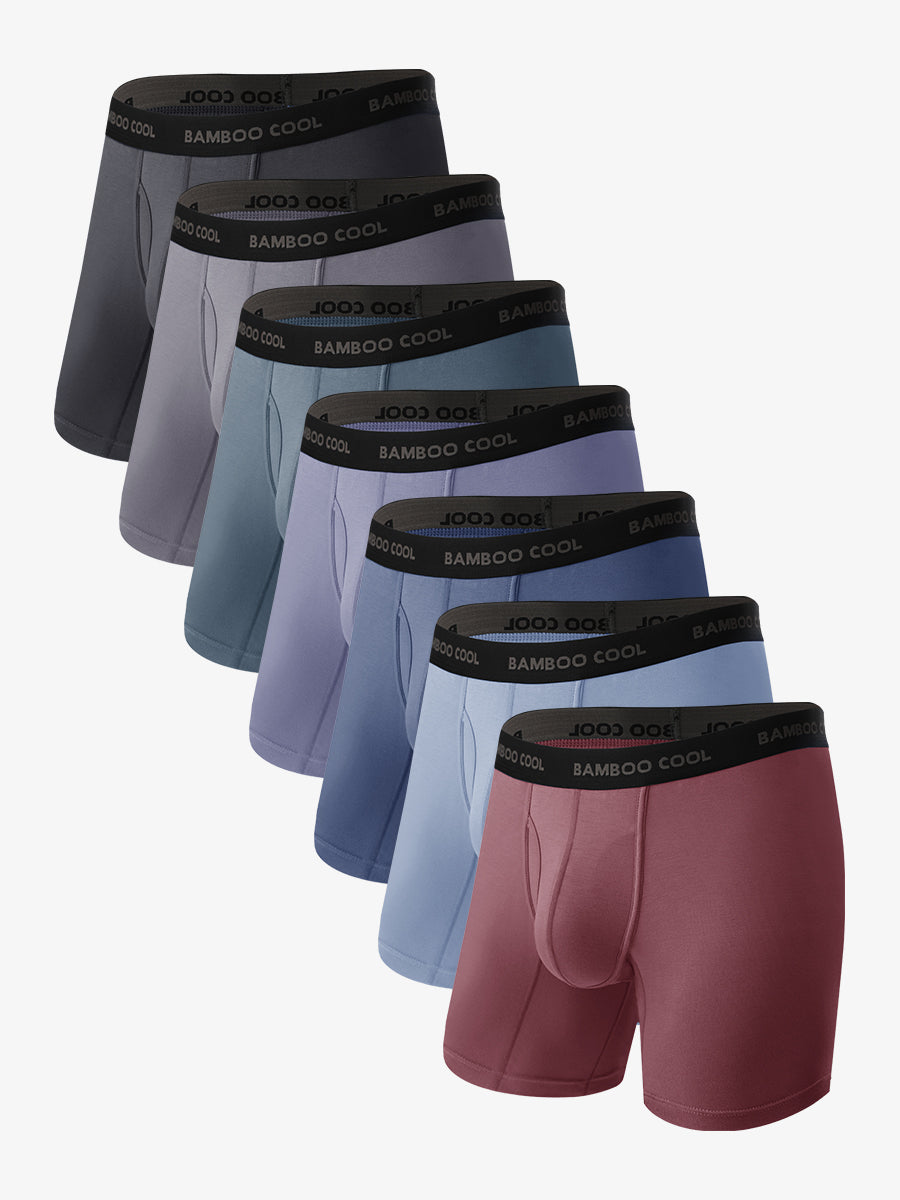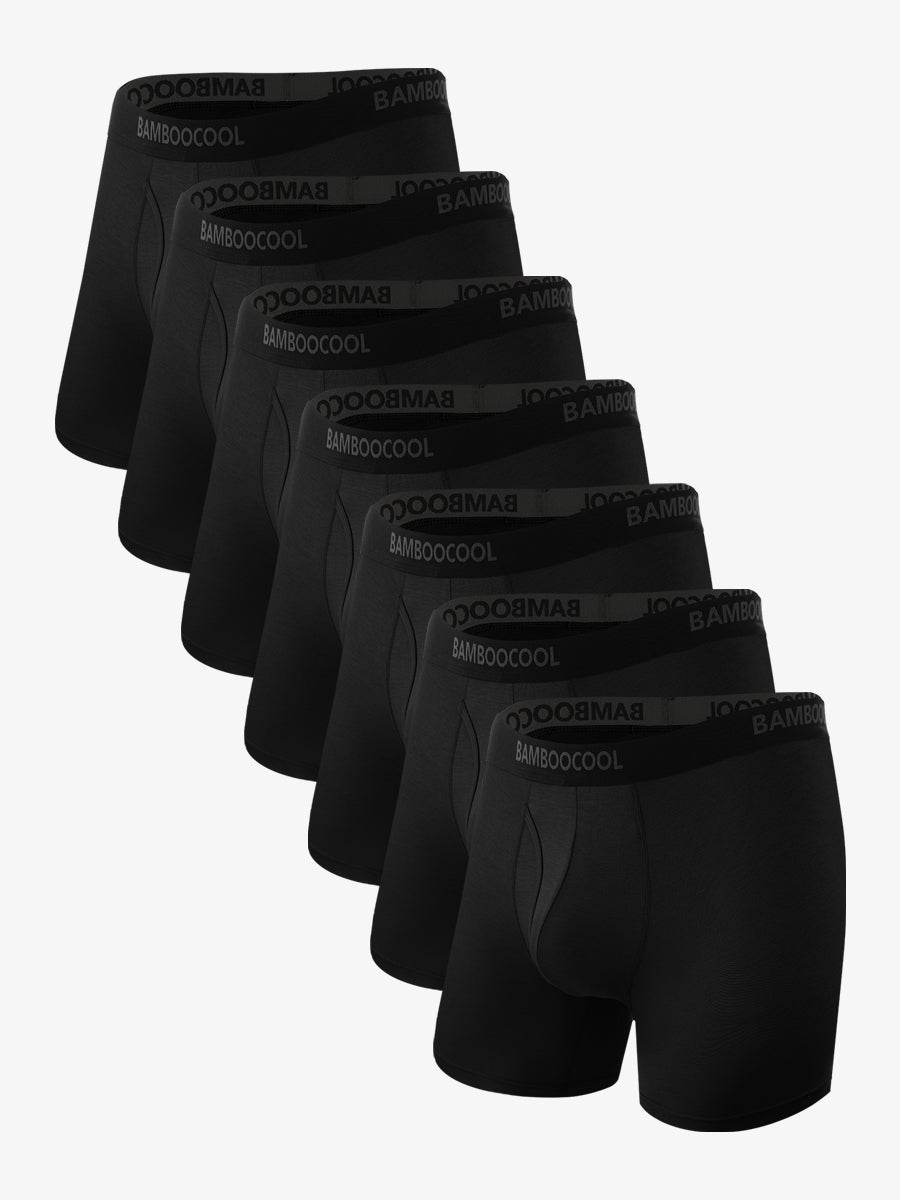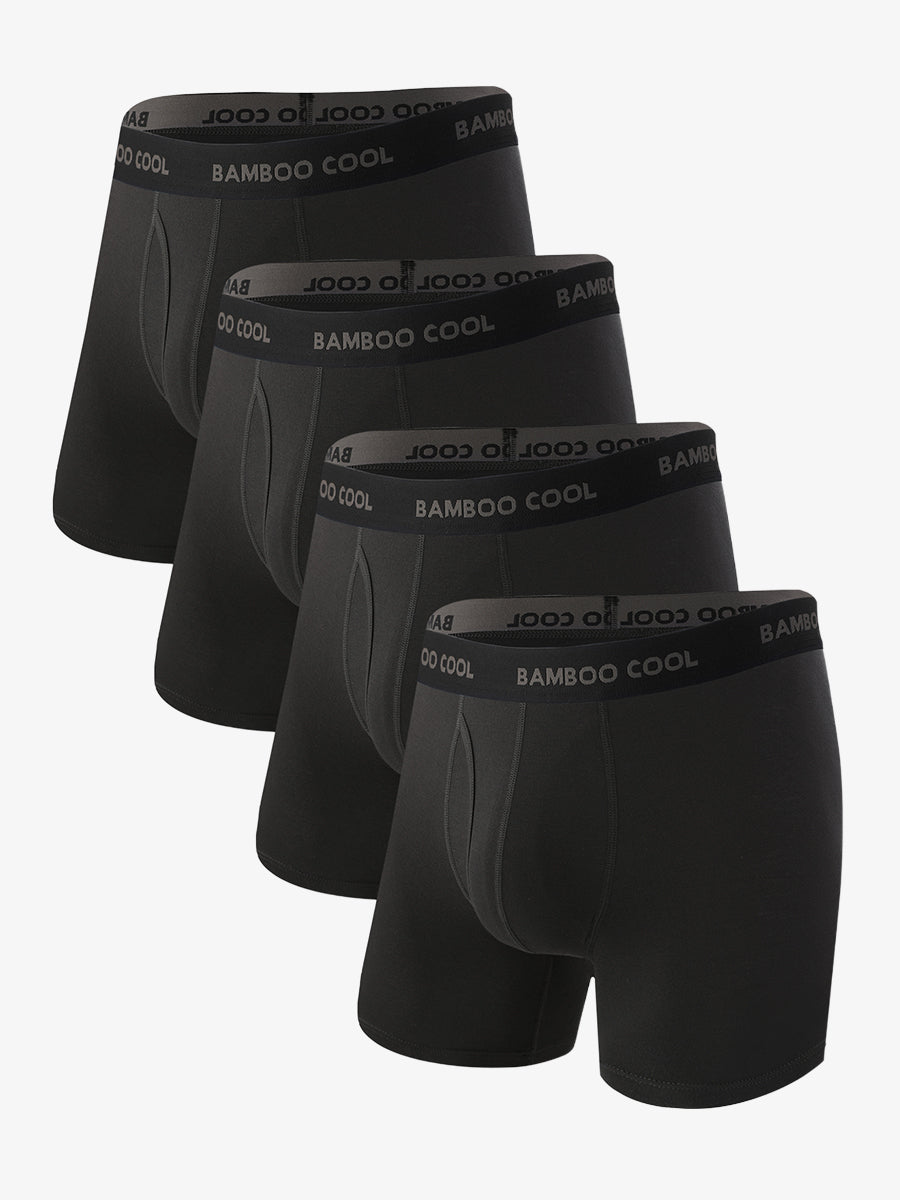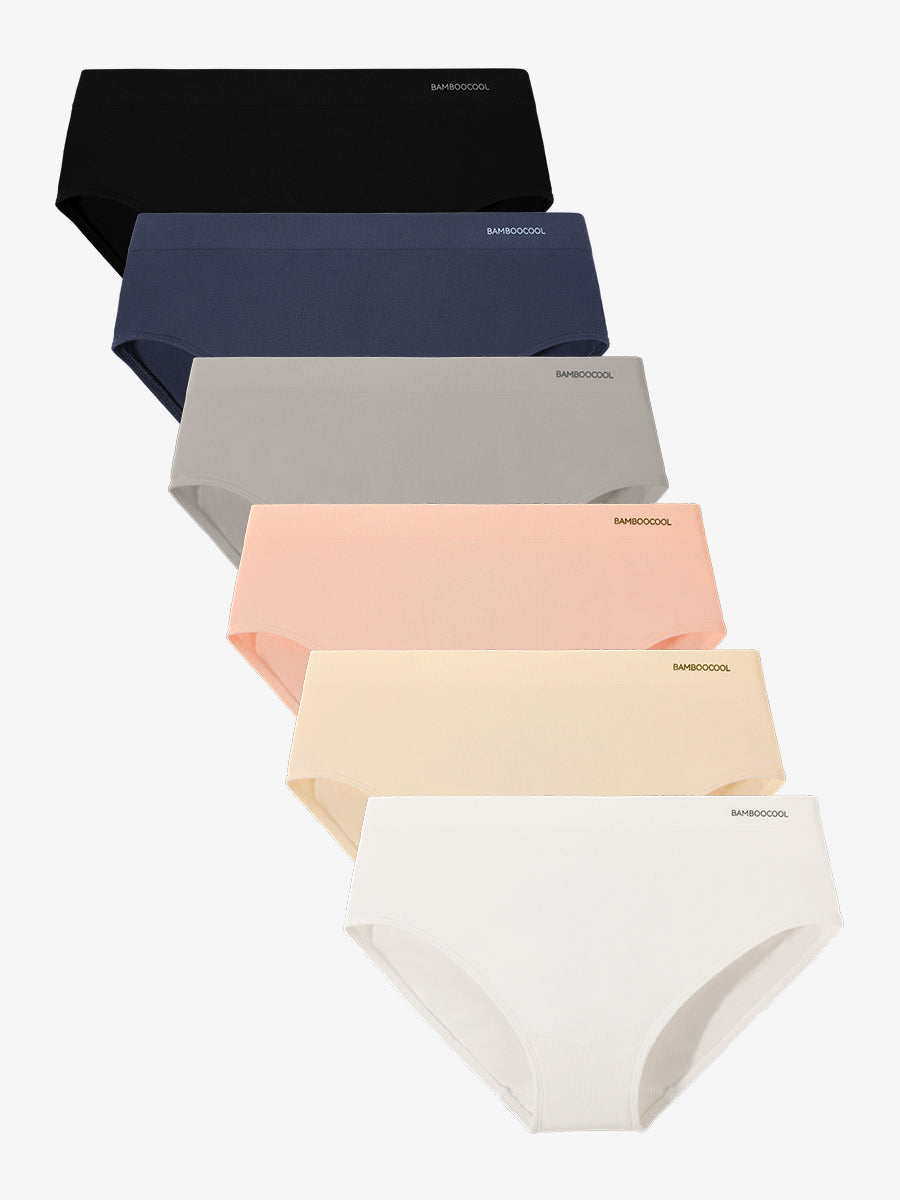Sustainable fashion isn't just about trendy buzzwords or switching to organic fabrics—it's a mindset, a movement, and a responsibility. As the fashion industry faces growing scrutiny over its environmental and social impact, more brands and consumers are rethinking how clothing is made, worn, and valued.
In this guide, we'll walk you through what sustainable fashion really means, share examples of eco-conscious practices, explore why it matters now more than ever, and give you practical tips to be part of the change.
What Is Sustainable Fashion?
Sustainable fashion is more than just a trend—it's a thoughtful approach to designing, producing, and wearing clothing in a way that minimizes harm to the environment and promotes fairness throughout the supply chain. It takes into account the entire life cycle of a product—from how the materials are sourced, to how the garment is made, used, and eventually recycled or disposed of.
Here are some key principles behind sustainable fashion:
Eco-friendly materials: Using organic cotton, linen, bamboo, or recycled fibers while avoiding harmful chemicals.
Ethical production: Ensuring fair wages, safe working conditions, and respect for workers' rights.
Resource conservation: Reducing water usage, minimizing waste, and adopting renewable energy during manufacturing.
Durability & quality: Creating well-made garments that last longer, reducing overconsumption.
Supply chain transparency: Making information accessible and traceable to build trust and accountability.
Circular economy mindset: Encouraging reuse, recycling, and upcycling to extend the life of every piece.
At its core, sustainable fashion is about creating a future where style, ethics, and the planet can thrive together. It's a movement toward a carbon-neutral, socially responsible, and eco-conscious fashion system—and it starts with informed choices.
Examples and Trends of Sustainable Fashion
Sustainable fashion comes in many forms. Here are some of the key approaches and rising trends that are shaping the future of ethical, eco-conscious fashion:
Ethical Fashion
Ethical fashion centers on respect—for people, animals, and the planet. It focuses on ensuring fair wages, safe working conditions, and humane treatment across the entire fashion supply chain. Ethical brands avoid harmful practices and prioritize transparency, fair trade, and animal welfare.
This approach isn't just about creating beautiful products—it’s about doing so with integrity and compassion, proving that fashion can look good and do good.
Slow Fashion
Slow fashion is the thoughtful counterpoint to fast fashion. It values quality over quantity, encouraging us to invest in durable, timeless pieces that are made to last.
Rather than chasing trends, slow fashion promotes conscious consumption—think sharing, renting, rewearing, and buying less but better. It's about reducing waste, honoring craftsmanship, and respecting both the environment and the people behind the clothes.
Circular Fashion
Inspired by circular economy principles, circular fashion is all about keeping clothing and materials in use for as long as possible. This includes designing with recyclability in mind, repairing and upcycling old items, and finding creative ways to extend the life of garments.
It's a holistic shift from a "take-make-dispose" model to a more regenerative, waste-free system. And while brands and designers play a big role, consumers are also empowered to participate—through mindful buying, wearing, and repurposing.
Why Sustainable Fashion Matters
The fashion industry is one of the biggest environmental culprits, contributing to water pollution, microplastics, and the use of harmful chemicals. Fast fashion also exploits workers in developing countries with poor wages and harsh conditions.
Sustainable fashion offers a solution to these pressing environmental and social issues.
Reducing Environmental Impact
Sustainable fashion uses eco-friendly materials or recycled fibers, cutting down on water usage, energy consumption, and carbon emissions. By focusing on durable, high-quality products and eco-friendly production methods, it reduces waste and harm to the environment, protecting natural resources for a cleaner, greener future.
Supporting Fair Labor and Ethical Practices
Unlike fast fashion, which often relies on cheap labor and child labor, sustainable brands prioritize fair wages and safe working conditions. They ensure transparency and fairness, supporting workers' rights and uplifting local communities, making the fashion industry more responsible.
Protecting Animals and Ecosystems
Sustainable fashion moves away from animal cruelty, replacing leather and fur with innovative, cruelty-free alternatives. It also helps preserve ecosystems by using renewable materials and supporting sustainable farming practices, reducing deforestation and habitat destruction.
Encouraging Conscious Consumption
Though sustainable fashion might cost more upfront, its durability means fewer purchases and long-term savings. It also promotes mindful shopping, encouraging consumers to buy thoughtfully and reduce waste—helping both the planet and their wallets.
How to Support Sustainable Fashion
Living more sustainably doesn't mean giving up your love for fashion — it means making smarter, more mindful choices. Here are practical ways you can support sustainable fashion, starting with your next outfit.
Buy Less, Choose Well
The first step to a more sustainable wardrobe? Resist fast fashion's temptations. Instead, invest in high-quality, versatile pieces that last. It might cost more upfront, but durable garments save you money in the long run and reduce waste and emissions. A minimalist wardrobe filled with timeless essentials does more with less — for both you and the planet.
Invest in Year-Round Essentials
Build a wardrobe that works all year. Staple items like jeans, T-shirts, and lightweight jackets can be worn across seasons. Choosing seasonless, durable pieces helps reduce overconsumption and supports a more sustainable, low-waste lifestyle — without compromising on style.
Choose Better Materials
What your clothes are made of matters. Choose natural, renewable fibers like organic cotton, hemp, wool, or bamboo — and avoid virgin synthetics. Look for trusted certifications like FSC, OCS, GOTS, and OEKO-TEX 100, Bluesign,RWS, BSCI,WRAP to ensure true sustainability.
BAMBOO COOL uses only FSC or OCS certified bamboo viscose, responsibly sourced or organically grown. Our fabrics are also OEKO-TEX 100 certified — safe even for babies.
→ Discover our sustainable materials
Support Sustainable Brands That Walk the Talk
Your money is your voice — spend it on brands that actually do the work. Look beyond buzzwords and check if a brand uses certified sustainable materials, offers transparency about its supply chain, and protects workers' rights.
At BAMBOO COOL, sustainability isn't a marketing trend — it's our core. From FSC/OCS-certified bamboo to green manufacturing (dope dyeing) that saves water and energy — and BSCI-certified ethical production — every step in our process is designed with the planet and people in mind.
→ Explore our sustainability efforts
Extend the Life of Your Clothes
Mend before you toss. A torn seam or missing button doesn't mean the end — basic repairs or professional fixes can breathe new life into your favorite pieces. Take care of your clothes: follow care instructions, wash gently, and store smart. The better you treat them, the longer they'll last — and the less you'll need to replace them.
Shop Secondhand
Pre-loved fashion is one of the easiest ways to support sustainability. Vintage shops, resale platforms, and thrift stores are full of gems waiting for a second life. You'll find one-of-a-kind pieces and help reduce textile waste. Don't forget — donating your own clothes keeps the cycle going.
Rent Instead of Buy
Need a special outfit for a wedding or big event? Try renting instead of buying something you'll only wear once. Rental fashion gives you the joy of something new without the environmental cost of more clutter in your closet.
Give Clothes a Second Life
Upcycle. Swap. Donate. Resell. Clothes you no longer wear still have value — for someone else or in a completely new form. Whether it's a shirt turned tote or a swap party with friends, extending the life of your clothes reduces landfill waste and keeps fashion truly circular.
Join the Movement with BAMBOO COOL
At BAMBOO COOL, sustainability isn't just a statement — it's how we operate every day. From sourcing FSC or OCS certified bamboo to using OEKO-TEX 100 certified fabrics and dope-dyeing techniques that reduce water and energy use, we're committed to building a low carbon supply chain and making fashion that's better for people, animals, and the planet.
→Learn More About Our Sustainable Practices
Sustainable fashion is about more than what we wear — it's about how we live. From choosing ethical and eco-friendly materials to embracing slow fashion, repairing and rewearing, and supporting conscious brands, every action counts. The future of fashion is circular, inclusive, and responsible — and it starts with all of us.
Let's reshape the fashion industry together. Choose well, wear longer, and live greener — with BAMBOO COOL by your side.









